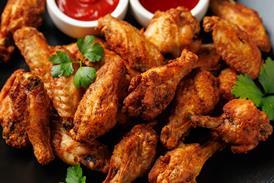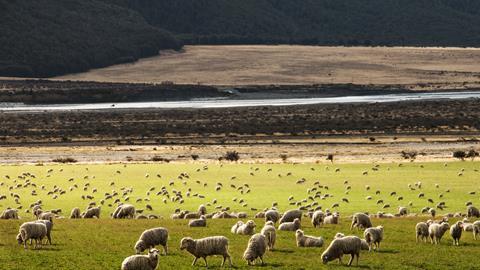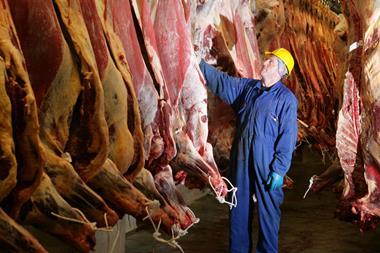Looming challenges dominated the agenda at this week’s NFU Conference in Birmingham.
With fewer than 40 days left until Brexit, NFU Cymru chairman John Davies, who maintained the Welsh red meat sector “might never recover” from a no-deal, was one of many to voice alarm over Brexit.
But the UK’s impending exit from the EU wasn’t the only concern. Here is our round-up of key issues the conference thrashed out.
Tariffs
In light of reports trade secretary Liam Fox was mulling zero import tariffs on goods coming into the UK, environment secretary Michael Gove sought to assuage farmer concerns about being undercut by “cheap” imports, produced in conditions “illegal in the UK”.
Though he accepted it would be “difficult to re-establish our market access” if tariffs were imposed on exports to the EU and countries the EU has preferential trading agreements with, Gove told delegates the government would at least try to protect the domestic market.
Committed to “stronger protection for British farming than any other sector of the economy”, he promised a range of no-deal import tariffs to protect equivalence of standards for meat, poultry and dairy. The government is expected to announce further details next week.
“We also have the power to provide direct cash support to the most vulnerable sectors and I will not hesitate to provide the support required,” he added.
No-deal tariff protection would be a “temporary measure” until the government could create a “desirable trading architecture”, he suggested.
Read more: Fruit & veg suppliers aiming to bypass Dover Brexit gridlock
Export barriers
Meat exports due to leave British ports next week may not be accepted at their destination markets, NFU president Minette Batters warned in her speech.
With the UK struggling to “roll over” EU trade deals with third countries ahead of Brexit on 29 March, products such as lamb could be rejected on arrival in the event of a no-deal.
Batters also called for the launch of a new “high-level” trade and food commission to uphold British standards post-Brexit, bringing together government, industry, civil society groups and experts in food and farming. She reiterated calls for a commitment that food imports need to be produced to the same standards legally required of UK farmers.
Read more: Meat exports outside EU may not be accepted in no-deal Brexit
Veganism
The growth of plant-based food must not be underplayed, said IGD’s chief economist James Walton.
More than a third of young consumers were already vegetarian, vegan or interested in a plant-based lifestyle, according to IGD research. And while dietary shifts were often gradual, the stratospheric rise of flexitarianism could lead to a shift that went “further and faster” than expected.
“The particularly high interest in plant-based diets is in 18 to 34-year-olds,” he said. “This is the group responsible for siring and raising the next generation. If just one parent passes on the plant-based diet to their children, the vegan and veggie population will boom.”
In a different session, however, Nathan Ward of Kantar Worldpanel pointed out that sales of primary meat and poultry did not drop off during Veganuary 2019.
Opinion: Plant-based meat alternatives are well and truly here to stay
Transparency
The NFU’s Future of Foods 2040 report, unveiled at the conference, warned that the British public “have never been more interested in, nor known less, about how their food is produced”. To take advantage of this interest, increased transparency and communication across the supply chain were vital, farmers were told.
However, despite the efforts of supermarkets and Red Tractor, value for money remained a stronger motivator than patriotism or quality.




















No comments yet